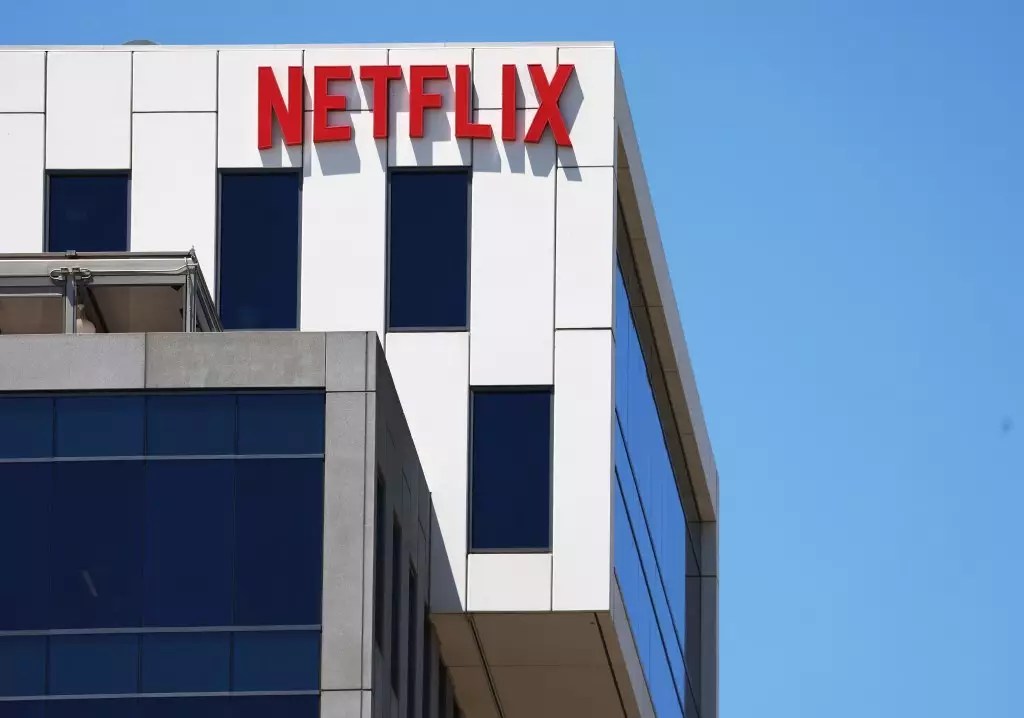The landscape of entertainment compensation is undergoing a transformative shift, particularly as major streaming platforms, including Netflix, evaluate their payment structures for talent. Recently, the dialogue surrounding how streamers remunerate actors, directors, and other key contributors has intensified. This pivotal moment in Hollywood reveals not only the financial underpinnings that drive the industry but also highlights a looming challenge: the need for transparency in compensatory agreements and a more equitable distribution of wealth based on performance.
In a notable move to address these issues, Netflix is set to host a breakfast event labeled “Netflix Explained,” aimed at engaging top agents and managers in a dialogue about the company’s operations. Scheduled at the Tudum Theater, this gathering is anticipated to shed light on Netflix’s internal processes and its potential reevaluation of talent compensation structures. Notable representatives from leading agencies like WME, CAA, and UTA are expected to attend, reflecting the industry’s eagerness for insight.
While the primary agenda may not explicitly focus on payment models, it is widely believed that the topic will be a central point of discussion. Spearheaded by Chief Content Officer Bela Bajaria alongside Chief Marketing Officer Marian Lee and Director of Title Merchandising Olivia De Carlo, the event is perfectly timed following Netflix’s release of substantial viewership data. This illustrates both the importance of engagement metrics and the ongoing evolution of how content success is measured in today’s digital era.
In the current landscape, Netflix appears to be contemplating a significant overhaul in how it compensates its top talent. Traditionally, the industry’s cost-plus model has ensured that high-profile stars receive substantial upfront payments, with the possibility of little to no financial gain from a project’s subsequent performance. However, as the streaming giant reportedly considers offering talent the opportunity to exchange a reduction in initial fees for a share of backend profits, the industry sees a potential paradigm shift.
This proposed model could permit talents to earn significantly more if their projects achieve commercial success. According to sources, negotiations may center around a 20-30% decrease in upfront fees for the possibility of doubling that amount later, contingent upon the performance of their respective projects. This incentivizes creators to invest further in the quality of their work, aligning interests between talent and the streamer.
The call for transparency in compensation conversations is louder than ever. As streaming services jockey for their share of the market, understanding the true value of content—and how talent fits into this equation—has become imperative. Netflix’s proactive approach, as evidenced by their engagement report highlighting over 94 billion hours of content consumed in the first half of 2024, indicates that data plays a crucial role in negotiations. The success of various shows and movies underscores the significance of making informed decisions which could lead to the establishment of fairer compensation frameworks.
Moreover, Netflix’s leadership in sharing data on viewer engagement gives it a competitive edge over platforms that remain more secretive. For talent to feel confident in any new payment structure, they need assurance regarding the company’s willingness to maintain transparency around viewership statistics and revenue models.
As Netflix enters what it describes as a “real adjustment phase,” the proposed changes in how talent is compensated signify a broader shift within Hollywood. The pursuit of a win-win framework—where both the content creators and the streaming service benefit substantially from successful projects—has become essential in a cutthroat environment where every viewer counts.
While the idea of altering existing rights situations, such as granting creators ownership of intellectual property, hasn’t been discussed, it could represent the next logical step in this evolving conversation. For now, the industry watches closely to see whether Netflix’s pilot program at the upcoming event will set the precedent for a fresh way of thinking about artist compensation. The fate of this opportunity may well determine the future of talent remuneration in streaming, as Hollywood navigates the complexities of a rapidly transforming landscape.


Leave a Reply